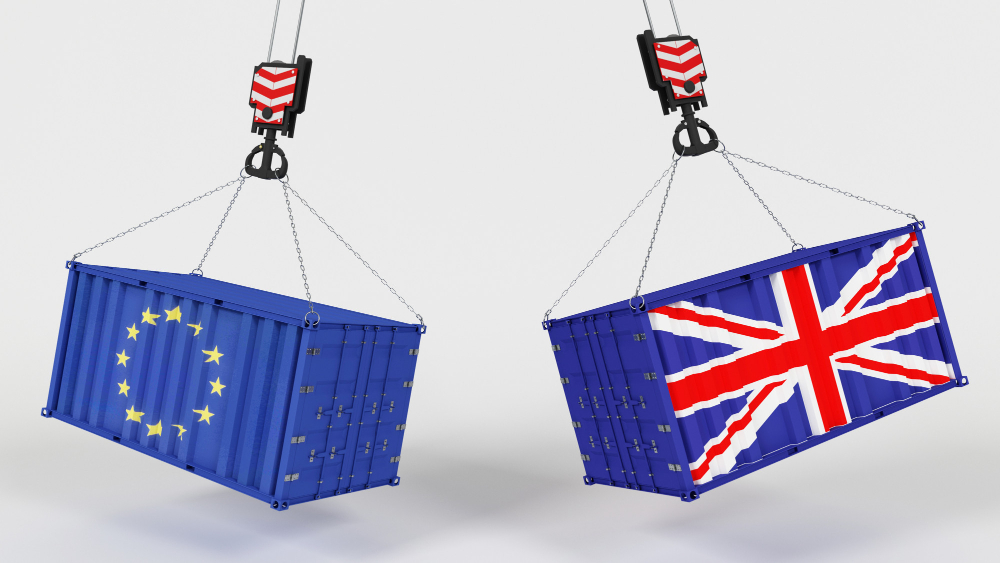Challenges Facing UK Importers in the Global Market

The UK has always been a major importer of goods from around the world. With the advent of globalization and the expansion of international trade, the importance of importing has only grown. However, importing goods into the UK comes with its own set of challenges. In this article, we will explore some of the key challenges facing UK importers in the global market.
Customs Regulations and Compliance
One of the most significant challenges facing UK importers is the complex customs regulations and compliance requirements. Importers must ensure that all their goods comply with the relevant import regulations and standards. These regulations cover everything from the types of products that can be imported to the labelling requirements, and failure to comply can result in significant delays and even the seizure of goods.
Brexit Impact
The UK’s decision to leave the European Union has had a significant impact on UK importers. The EU is the UK’s largest trading partner, and the changes in customs and trade regulations have made it more difficult for UK importers to do business with the EU. UK importers must now navigate additional customs requirements and higher tariffs, which have added a significant cost to importing goods from the EU.
Tariffs and Taxes
Importers must also navigate the complex system of tariffs and taxes that can be imposed on imported goods. Tariffs can vary widely depending on the country of origin and the type of product being imported. In addition to tariffs, importers must also pay VAT and other taxes, which can significantly increase the cost of importing goods.
Supply Chain Management
Effective supply chain management is essential for UK importers to ensure that their goods are delivered on time and in good condition. However, managing a global supply chain is a complex and challenging task. Importers must navigate different time zones, cultural differences, and logistical challenges to ensure that their goods are transported safely and efficiently.
Currency Fluctuations
Currency fluctuations can have a significant impact on the cost of imported goods. Importers must monitor exchange rates and plan accordingly to ensure that they can afford to pay for their goods when the time comes. Fluctuations in currency can also make it more difficult for importers to negotiate favorable pricing with their suppliers.
Competition
The global market is highly competitive, and UK importers must compete with businesses from around the world. This can make it difficult to secure favorable pricing and terms with suppliers. Additionally, the high level of competition can make it difficult for UK importers to differentiate themselves in the marketplace.
Conclusion:
Importing goods into the UK is a complex and challenging task that requires importers to navigate a range of regulations and compliance requirements. From customs regulations and compliance to supply chain management and competition, UK importers must overcome a range of challenges to succeed in the global market. However, by working with experienced professionals and implementing effective strategies, UK importers can overcome these challenges and achieve success in the global marketplace.
FAQS
Q 1: How do UK importers stay up-to-date with changing regulations and compliance requirements?
UK importers can stay up-to-date with changing regulations and compliance requirements by working with a customs broker or freight forwarder. These professionals can help importers navigate the complex regulations and ensure that their goods comply with all relevant standards.
Q 2: How can UK importers mitigate the impact of currency fluctuations?
UK importers can mitigate the impact of currency fluctuations by using hedging strategies such as forward contracts or options. These strategies allow importers to lock in a favorable exchange rate for a set period, reducing the risk of currency fluctuations impacting the cost of their goods.
Also Read : Financial Management Risks in Today’s Uncertain Economy











